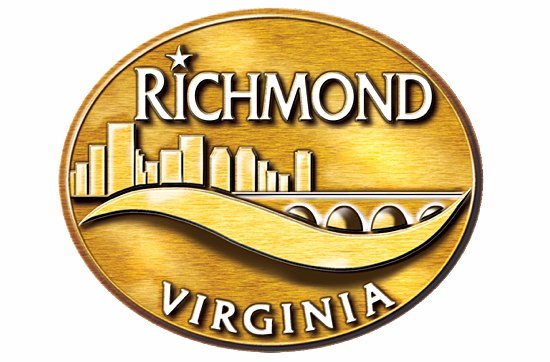City expects big savings on utility bonds
Jeremy M. Lazarus | 12/13/2016, 6:48 p.m.
Good news for Richmond utility customers who worry about rising costs for city water, sewer and gas service: The city expects to save $4.17 million a year on the cost of repaying money it borrowed for utility projects. With the savings extending for the next 24 years, the amount saved would total $100 million.
The savings on debt could benefit customers by giving the Richmond Department of Public Utilities more money to cover operating costs and thus moderate future rate hikes, said Wayne Lassiter, deputy director and comptroller of the department.
The savings were announced before Thanksgiving and resulted from the city’s sale of $502 million in utility bonds at a reduced 3.47 percent interest rate.
The bonds are backed by customer payments for water, wastewater treatment and natural gas service, rather than taxes.
The ability to borrow at reduced interest reflects the improved credit ratings the public utilities department has received in recent years said DPU Director Robert Steidel.
Mr. Lassiter said the savings would enable the department to strengthen its balance sheet and pay off debt faster.
He said that could aid DPU to receive a low interest rate on new debt when the department returns to the market to sell new bonds in two to three years.
However, both DPU and city officials said the savings on the latest bonds would not affect other city debt, including taxpayer-supported general obligation bonds that the city sells to pay for improvements to streets, sidewalks, school buildings and other capital improvement projects.
Reports have indicated that the city largely used up its debt capacity because of borrowing in recent years to finance the cost of four new schools and the new jail.
Could the city gain such savings on its general obligation bonds? James Duval, who manages the city’s debt portfolio, said the city already does.
While the interest rate was the lowest in decades for DPU’s taxable utility bonds, Mr. Duval noted that the 3.47 percent interest rate “is actually higher than rates the city has received on all of its tax-exempt General Obligation debt during the last five years.”
He noted, though, that the city has refinanced general obligation debt when it can save money. For example, on July 15, 2015, the city refinanced $56.7 million in older bonds to gain $486,000 a year in savings, or $3.8 million over eight years.
The utility bond sale included the refinancing of $333 million in older utility debt that carried a higher interest rate of around 5 percent and the issuance of $169 million in new debt for various projects, Mr. Lassiter said.
“The savings underscore the confidence that investors have in owning a piece of Richmond’s future,” Mayor Dwight C. Jones said.
The $100 million in savings over 24 years appears to be “unprecedented for a Virginia local government,” said David Rose, senior vice president and manager of public finance at the city’s financial adviser, Davenport & Co. LLC.







